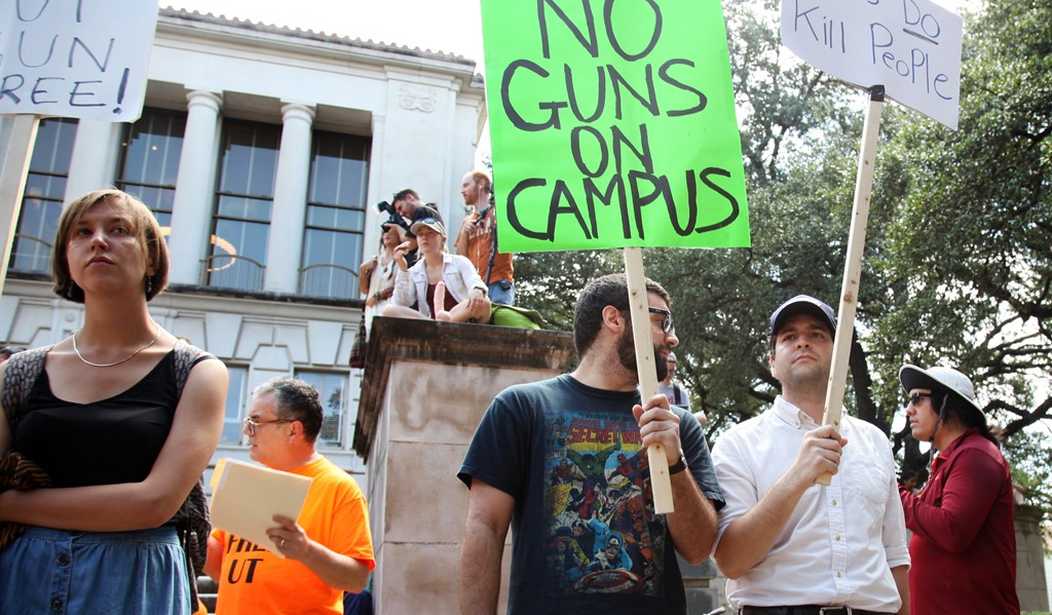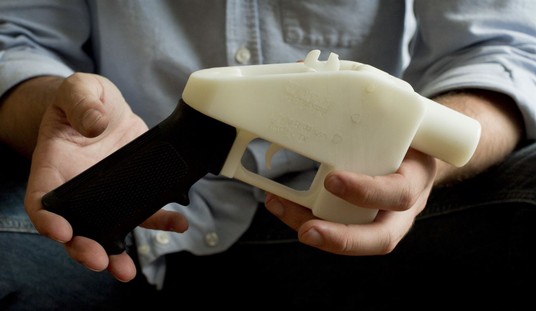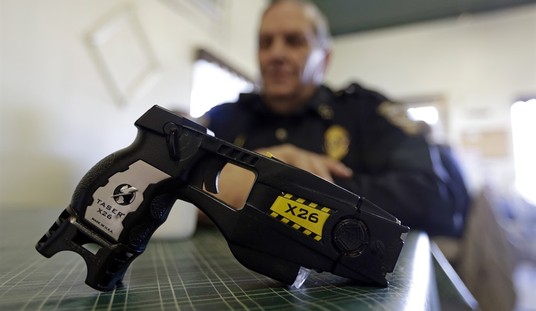If “gun-free zones” worked as advertised, we wouldn’t be talking this week about the Michigan State students who were the victim of a deranged killer. The truth is that the vast majority of the locations off-limits to licensed concealed carry are “sensitive” in name only, relying on nothing more than a posted sign to actually stop a violent criminal or someone with murder on their mind from stepping foot inside while armed.
West Virginia lawmakers introduced a bill to repeal the state’s prohibition on concealed carry on college and university campuses long before the shootings at Michigan State, but the apparently random attack on students has probably motivated legislators to move the bill through as quickly as possible, and on Tuesday afternoon the West Virginia House of Representatives gave its final stamp of approval to the measure by a vote of 84-13.
There’s one final stop before campus carry legislation gets to Gov. Jim Justice’s desk, but a concurrence vote in the state Senate isn’t expected to be a major hurdle for the legislation. While the West Virginia House of Representatives made some modest changes to SB 10, they shouldn’t be deal-breakers for the Senate, which has already approved the campus carry bill in its original form.
Ahead of the final House vote on Tuesday afternoon, Democrats had mounted a last-minute campaign to water down the legislation, but those efforts failed to persuade the GOP majority.
A failed amendment by Delegates Evan Hansen and Danielle Walker, both Democratic lawmakers representing Monongalia County, would have removed provisions in the bill allowing students and campus guests with provisional concealed carry permits to carry firearms on campus. While concealed carry permits are for adults 21 and older, provisional permits are for adults ages 18-20.
…
A failed amendment offered by Delegates Sean Hornbuckle, D-Cabell, and Walker would have allowed public colleges and universities to build specific residence halls where deadly weapons would be prohibited, providing students an option to live in a resident hall where concealed firearms are allowed or not. Hornbuckle said allowing the option would make the state’s colleges more marketable.
“We’re going to allow our universities latitude and grace,” Hornbuckle said. “We’re going to be able to go out across the country and we’re going to be able to appease every single student. If you’re somebody who wants to live with firearms in your residence halls, we will allow you to do that. If you’re a student who doesn’t feel right, we want you too and we’ll make reasonable accommodations.”
House Judiciary Committee Chairman Moore Capito, R-Kanawha, called for rejection of the amendment. He pointed to a provision of SB 10 that prohibits concealed firearms in buildings where the school has metal detectors at the entrances. Capito said the amendment’s language was also too broad, possibly providing colleges a loophole to get around the bill.
“Schools can already do this if they can comply with the security measures … if a university so establishes that framework,” Capito said. “This is very permissive and broad. Nothing would prohibit a school from doing this to one dorm, but it would also not prevent making a gun-free zone in all dorms.”
Well that’s a little disturbing in and of itself, to be honest. If the intent of the legislation is to protect the rights of students and faculty to bear arms in self-defense, then allowing colleges and universities to ban firearms from all on-campus housing by putting up metal detectors would seem to defeat the purpose. At the very least it puts those students who live on campus in a more precarious situation when it comes to exercising their Second Amendment rights, and hopefully this portion of the bill will be revisited and revised if and when campus carry becomes law.
SB 10 may not be perfect, but few bills ever are, and it would still be a major step forward for the state if public colleges and universities are no longer “gun-free zones”. The same students, faculty, and guests that could soon lawfully carry on campus are already responsibly doing so almost everywhere else in the state, and there’s no reason to think that they’ll suddenly become irresponsible and careless with their guns once they’re allowed to do so. We’ve heard the fearmongering of the anti-gunners before in places like Austin, Texas and Lawrence, Kansas, but campus carry hasn’t posed an actual problem in any of the nearly one dozen states where it’s currently the law of the land, and once the bill is signed I doubt it’ll be much of an issue in West Virginia either.









Join the conversation as a VIP Member